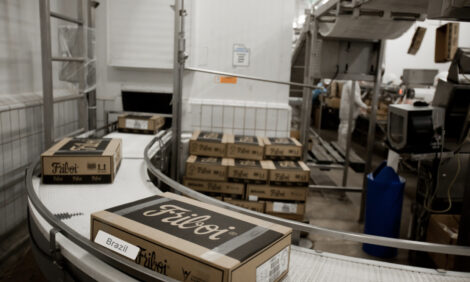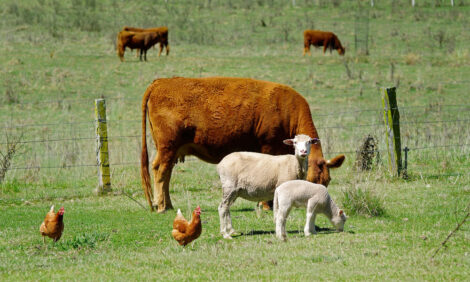



Danish government takes away derogation without warning
The derogation deadline is July 31From July 31, Danish dairy farmers will lose their derogation permitting a maximum stocking rate of 230 kg N per hectare, according to a press release from the National Association of Danish Milk Producers. After 22 years, the news hit dairy farmers out of the blue. On April 10, the Danish Ministry of Environment published a press release announcing that the cattle derogation would expire at the end of July 2024.
Very short notice
With a little more than three months between the publication of the press release and the day of entry into force, farmers were totally taken by surprise. No single farmer organisation was consulted or even informed so that they could not tell their members to take appropriate action in order to ensure a smooth transition. Usually, when such drastic changes are coming into effect, farmers are given a transition period of two/three/four years to soften the blow – but not this time.
Denmark will not seek extension of the derogation
In the ministry’s press release, Minister Magnus Heunicke was quoted as saying that the government wanted to focus on nitrogen emissions to Danish inland waters and the ministry therefore chose not to apply to the European Commission for another extension of the derogation period. They chose NOT to seek extension. Other countries have also tightened their derogations, but always with a reasonable period for adjustments. This demonstrates again that the Danish government is hostile towards its own farmers and dairy industry, and is definitely not an ally.
More land needed
This inappropriately short notice will force dairy farmers to take on extra costs to rent more land in order to ensure they have enough area to spread manure and slurry and comply with the new rules. Estimates suggest an increase of 20-25% for dairy farmers to have enough land for a stocking rate of 170 kg N per hectare.
Not better for the climate nor the environment
Many precautionary measures were taken when farmers were granted the 230 kg N/ha derogation – a minimum of 80% grassland, less legumes etc. However, the P-ceiling on fields means that most farmers have never been able to spread 230 kg of manure per hectare anyway. Hence, greenhouse gas emissions may well increase due to more transportation of manure and further application of fertilizers in fields.



